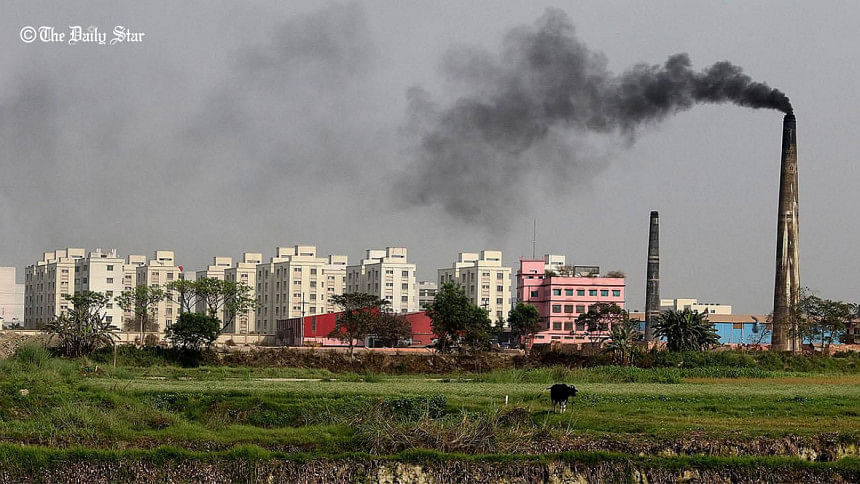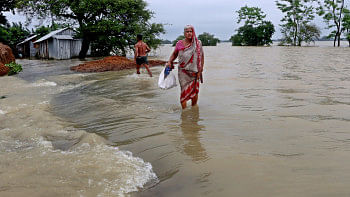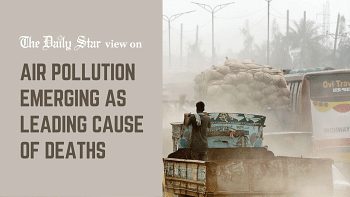Bigger isn't always better

Big banks, big stores, big corporations. Some politicians and economists would have us believe that bigger is always better, and that modernisation means replacement of local vendors, small shops, and other small independent businesses with giant global chains. We, the consumers, are meant to go along passively with the trend, even to celebrate the availability of a range of global, heavily advertised—and thus seemingly glamorous—products and services.
But despite what we are told, there are options. It is possible to resist the trend towards ever-bigger corporations, ever-more billionaires, and the ongoing entrenched poverty. It is possible to create a movement that is powerful enough to shift the economy away from the big and powerful and back to the local, in a way that supports our livelihoods and our well-being—both individual and planetary.
There are two clear and divergent paths into the future. One involves constant hurry, ever-more movement at ever-greater speeds and sizes, including financial transactions which can collapse an entire economy. It involves becoming even more wrapped up in our technologies, even more dependent on AI to guide us. The other involves slowing down, going local, and reconnecting to our communities, our values, and to the environment that sustains us.
The belief shared by corporate and government leaders that bigger is always better is founded on the false assumption that humanity is somehow divorced from nature, that technology can replace finite resources, and that we can live without a healthy environment. This belief also promotes competition at the expense of cooperation, of living in harmony with our neighbours and our ecosystems.
In order to pursue our false dream of "sustainable development," where development means ever-increasing mobility and consumption rather than guaranteeing that the basic needs of all are met, we must extract even more resources and create more pollution, thereby contributing to the climate emergency. Not only our air, water, soil, and finite resources are sacrificed, but also vulnerable populations, such as the Indigenous and poor, and recently, the middle classes in industrialised countries.
The results of our pursuit of speed, growth, and wealth include a degraded environment, unbearable heat, ever-more intense storms, and the concentration of wealth and power into the hands of the few. Rather than celebrating local cultures and economies, we see an effort to homogenise people's desires, so that they can be met with mass-produced (and often harmful and unnecessary) items.
But the local, though stifled, has not disappeared. In country after country, people are looking to ancient ways of life to proffer wisdom in these troubled and destructive times. People are seeing and sharing the benefits of strong communities and a close connection to earth. People are allowing "common" sense, intuition, and holistic awareness to guide them towards ways to protect diverse cultures and species, to revitalise healthy food and fibre systems, and to forge or restore human-scale political and economic institutions.
Yes, we are bombarded with messages about the alluring and inevitable march towards the huge and monolithic, even when it means making our air unbreathable and our temperatures unbearable. But people remain roughly the same size, with the same core values, despite the changes around us. People still care deeply about a good education for their children, about living a healthy life, about having access to nature, about having strong social connections, and, vitally, about maintaining a liveable planet. We need voices that highlight the better, brighter path that takes us away from pollution, from AI, from ever-increasing concentration of wealth and power into the hands of the few.
Those of us concerned about terrifying global trends can and must make clear what will, and what won't, bring us closer to those deeper relationships with real people and living places for which we all long. We must continue to speak up, to educate those around us, and to make decisions in our daily lives that support the local. We must also push for local, regional, and national policies that shift subsidies from global corporations to local businesses, that shift wealth from the billionaires to the impoverished, and that seek to restore, rather than continue to destroy, the environment that enables our healthy existence on this cherished but abused planet.
Debra Efroymson is executive director of the Institute of Wellbeing, Bangladesh. She has a tiny role in the new film Closer to Home (available for free at LocalFutures.org).
Views expressed in this article are the author's own.
Follow The Daily Star Opinion on Facebook for the latest opinions, commentaries and analyses by experts and professionals. To contribute your article or letter to The Daily Star Opinion, see our guidelines for submission.

 For all latest news, follow The Daily Star's Google News channel.
For all latest news, follow The Daily Star's Google News channel. 










Comments